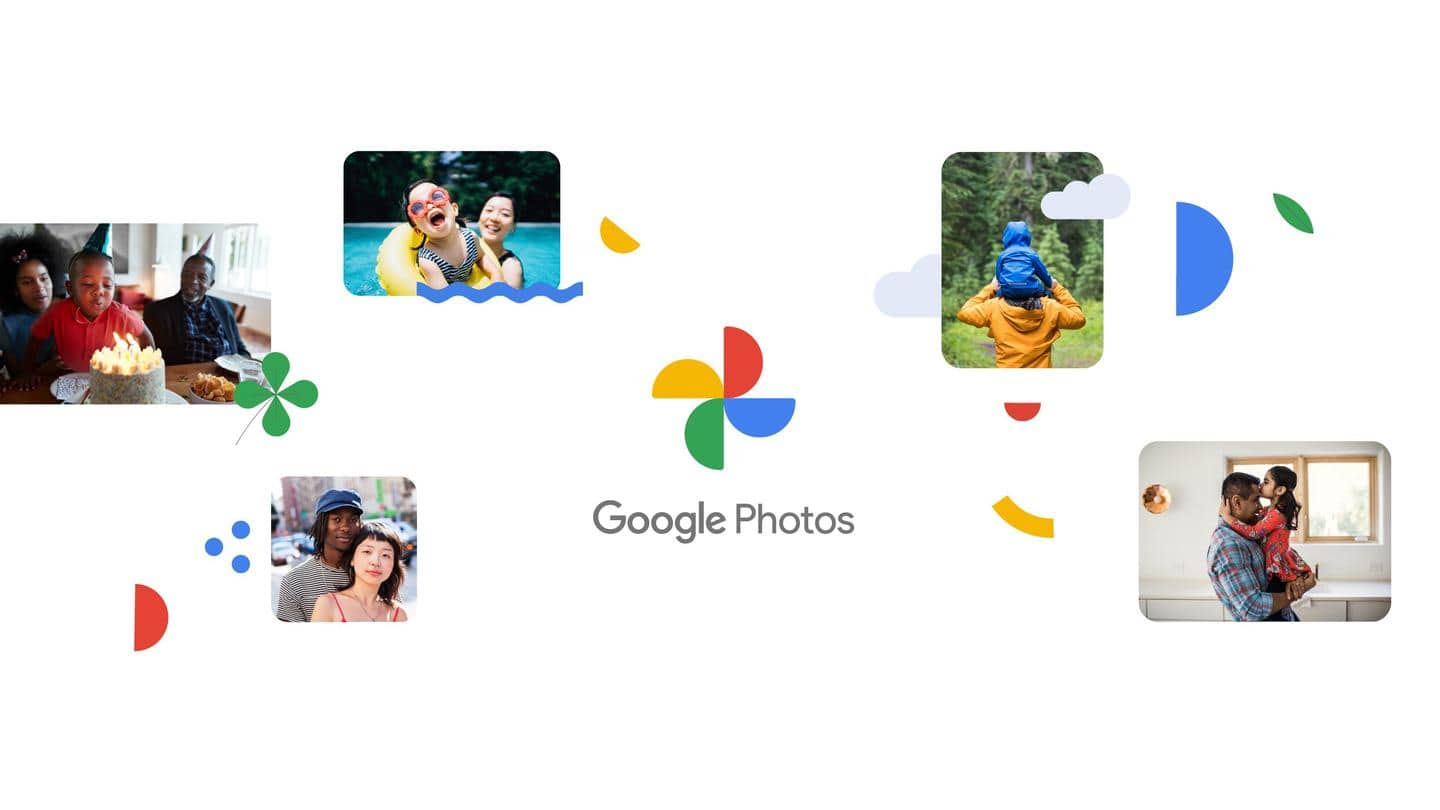
Google Photos free storage ends today; Is Google One worthwhile?
What's the story
After an announcement last year, Google will finally end unlimited free storage for Google Photos users today. The company had said that from June 1, Google Photos will share 15GB of cloud storage with other services such as Gmail and Google Drive.
However, you could pay for a Google One subscription and continue storing pictures on the company's cloud storage.
Here are more details.
Deadline
Since 2020, Google has been paywalling features behind Google One
Earlier this month, we had reported on this impending deadline. Since last year, Google has been paywalling features, including cloud storage and editing features on Google Photos.
The company reportedly said that it wanted to "keep pace with the growing demand for storage and build Google Photos for the future."
However, 15GB of free storage that remains won't hold many pictures either.
Ballpark estimate
First, estimate how much storage you'll need in a year
For starters, you can delete the pictures shot in burst mode, blurry photos, and the ones you wouldn't want to keep anymore. Further, calculate how much storage you would need for at least the next year.
Now, armed with a realistic estimate of how much storage you would need in the immediate future, you can pick a Google One subscription to suit your requirement.
Convenience charge
Subscriptions cost between Rs. 130 and Rs. 650 per month
To continue enjoying Google's storage, you'll need a Google One subscription.
The first tier offers 100GB of storage for Rs. 130 per month or Rs. 1,300 a year. The second tier offers 200GB of storage for Rs. 210 per month or Rs. 2,100 per year.
The last tier offers 2TB of storage for Rs. 650 per month or Rs. 6,500 per year.
Sharing is caring
Is the convenience worth the privacy risk? You decide
Interestingly, if you feel you won't need all the storage you purchase, all the aforementioned Google One memberships allow you to share the purchased cloud storage with your family members.
That said, we urge you to reconsider whether the convenience of cloud storage is worth risking your privacy. Sometimes, it's just better to go open-source and build a NAS (network attached storage) at home.